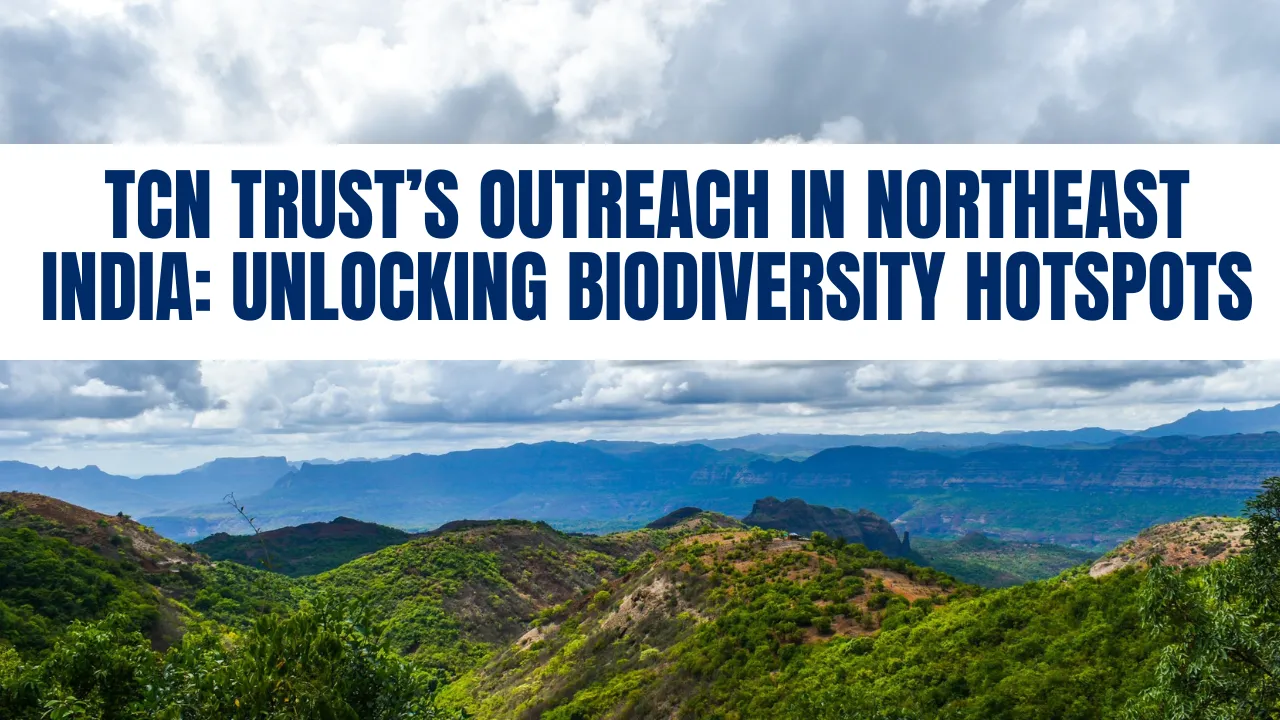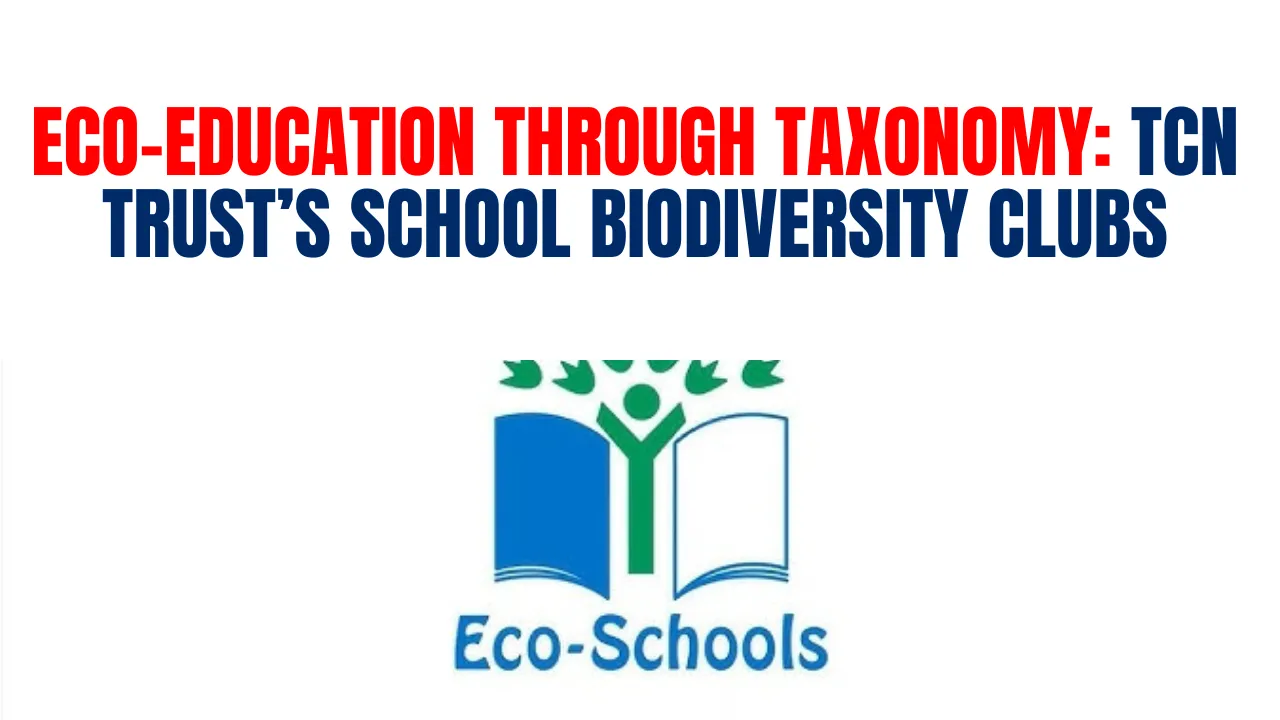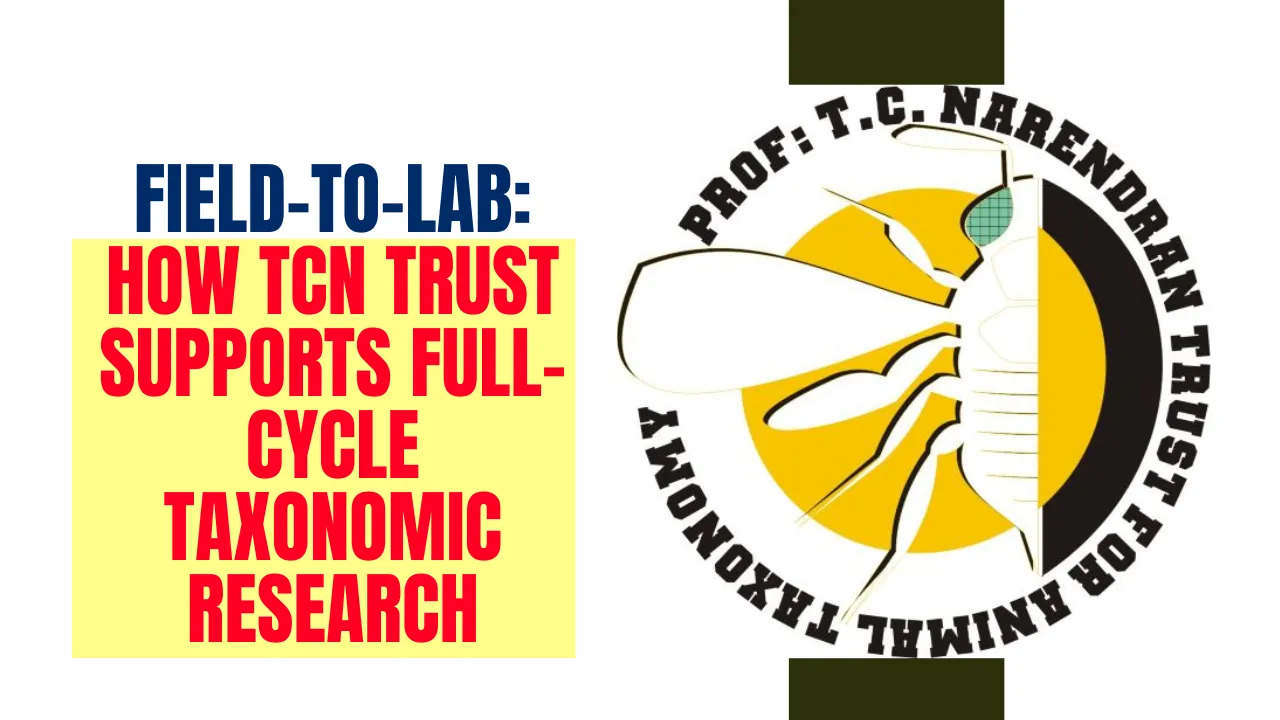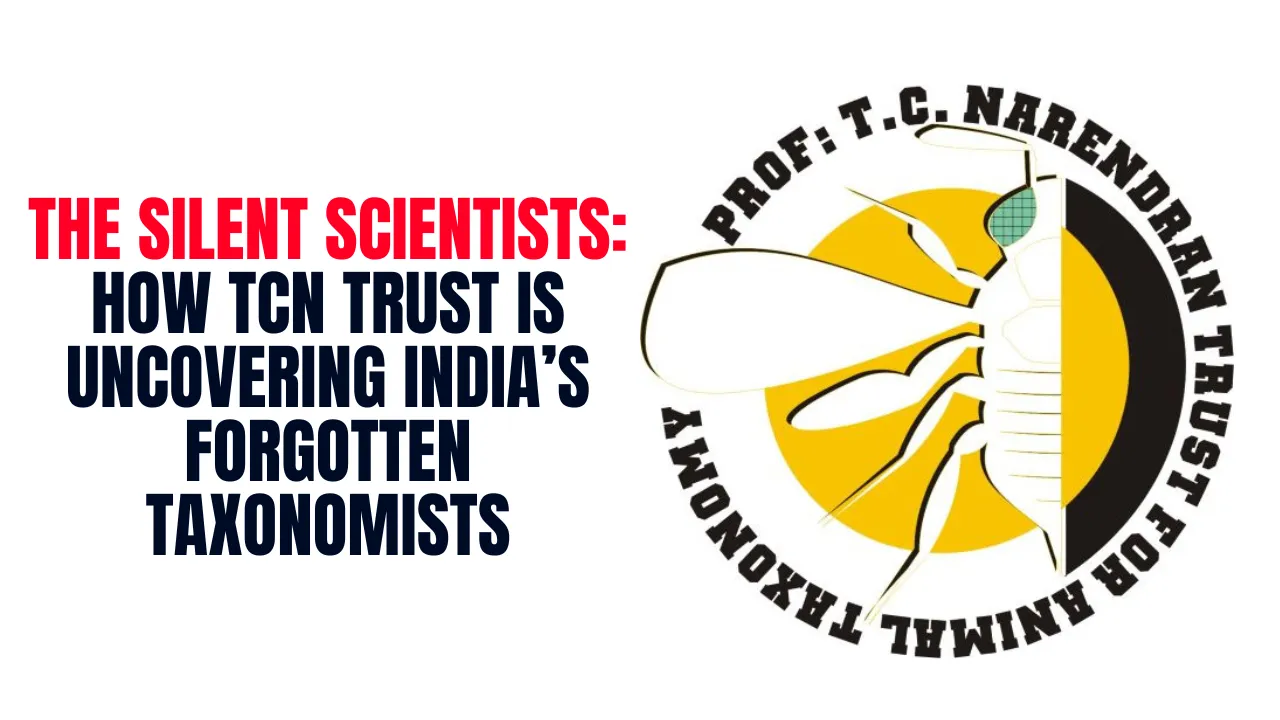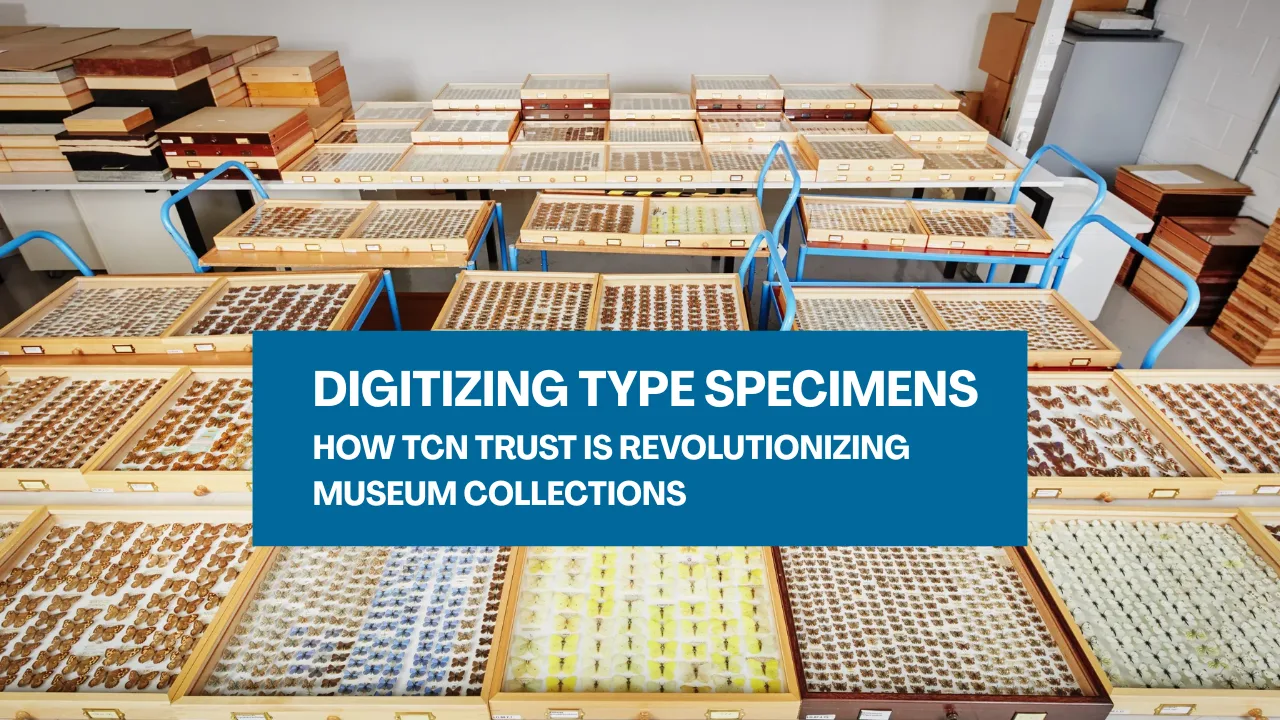TCN Trust’s Outreach in Northeast India has brought meaningful attention to one of the most biologically rich yet overlooked corners of the country. The northeastern states, with their dense forests, river systems, and cultural diversity, hold vast ecological potential. Yet, many of these areas remain under-researched and underserved in the realm of biodiversity conservation.
In this article, we delve into the focused efforts made by TCN Trust to unlock the environmental potential of this region. From ecological research and species documentation to environmental education and community-led initiatives, the Trust has established a grounded and inclusive conservation model. This piece highlights their key projects, the role of local participation, and the real impact they’re making in sustaining both ecosystems and livelihoods.
TCN Trust’s Outreach in Northeast India
TCN Trust’s Outreach in Northeast India is rooted in the belief that ecological restoration must start with awareness, access, and active participation. Through on-the-ground biodiversity surveys, culturally sensitive workshops, and youth-focused conservation training, the Trust is helping to bring long-neglected habitats into the national spotlight. These initiatives not only uncover undocumented species and rare ecosystems but also build community-led models of sustainability. By prioritizing education and collaboration, TCN Trust fosters a long-term culture of environmental care while contributing valuable data for conservation policy.
Overview of TCN Trust’s Work in the Region
| Initiative | Key Focus |
| Ecological Documentation | Identifying and mapping lesser-known species and habitats |
| Community-led Conservation | Empowering locals to become ecological stewards |
| Youth Engagement | Conservation training for students and local youth groups |
| Sustainable Livelihood Integration | Promoting eco-tourism and forest-based crafts |
| Indigenous Knowledge Preservation | Collaborating with tribal communities to document traditional ecology wisdom |
Why Northeast India is a Biodiversity Treasure
The northeastern part of India is part of two global biodiversity hotspots: the Indo-Burma and the Eastern Himalayas. This region is home to rare and endemic flora and fauna, many of which are found nowhere else in the world. However, the terrain’s isolation and lack of consistent ecological monitoring have made these landscapes vulnerable to habitat degradation and species loss.
Recognizing this gap, TCN Trust has made it a mission to develop localized strategies tailored to each area’s ecological and cultural context. Their work begins with careful field research, continues with community dialogue, and culminates in joint action plans for sustainable biodiversity conservation. The result is a living conservation framework that balances nature protection with community resilience.
Projects That Stand Out
- Biodiversity Mapping in Arunachal Pradesh:
TCN Trust has collaborated with local researchers and community volunteers to carry out field studies in some of the state’s remotest forest belts. These surveys have helped identify previously undocumented plant species and rare insects, adding critical entries to India’s ecological databases. - Conservation Training Camps in Assam and Meghalaya:
These workshops bring together students, forest guards, and local NGO partners to learn about biodiversity, sustainable land use, and wildlife preservation practices. The Trust emphasizes experiential learning, where participants hike into forest patches, monitor bird species, and participate in reforestation tasks.
Role of Local Communities in Conservation
Community involvement forms the heart of TCN Trust’s Outreach in Northeast India. Unlike top-down conservation programs, the Trust’s approach centers around listening to those who have lived in the region for generations. They view local residents as custodians of traditional ecological knowledge and aim to integrate that wisdom into contemporary environmental strategies.
Villagers are trained in species identification, data logging, and ecological monitoring. In turn, they help map local biodiversity and alert teams to emerging threats like illegal logging or changing animal migration patterns. This shared sense of responsibility encourages a deeper connection between people and their land, reinforcing conservation as a shared mission rather than an external imposition.
Capacity Building Through Education
Environmental education is one of the most impactful elements of TCN Trust’s work. The organization frequently partners with rural schools, colleges, and local educational councils to introduce conservation concepts in classroom settings. These programs don’t stop at theory; students are encouraged to participate in fieldwork, create biodiversity journals, and even design small conservation projects in their own villages.
For older youth, TCN Trust offers internships and mentorships in field research. This has already produced a cohort of locally grounded, environmentally aware young leaders who are well-equipped to take on ecological challenges in their home regions. These efforts ensure that biodiversity awareness doesn’t end when a workshop concludes—it lives on in the actions of the next generation.
Sustainable Development and Conservation
Conservation doesn’t have to come at the cost of livelihoods. That’s why TCN Trust focuses on building sustainable income models that also support biodiversity. They encourage forest-edge communities to engage in non-invasive forest produce harvesting, organic farming, and responsible eco-tourism.
Artisanal products like bamboo handicrafts and wild silk weaving are promoted under the Trust’s skill development initiatives. These sustainable alternatives reduce dependence on forest exploitation while showcasing the cultural richness of the region. In this way, environmental and economic goals are aligned, making conservation more appealing and feasible for rural communities.
Innovations in Species Documentation
One of the critical outcomes of TCN Trust’s Outreach in Northeast India is the expansion of ecological data from hard-to-reach areas. Their teams use a mix of traditional observation and modern tools like mobile GIS mapping, bioacoustic recorders, and camera traps. This layered approach enhances accuracy and ensures that elusive species are not overlooked.
Their biodiversity atlases—developed from months of fieldwork—serve as open-access tools for schools, universities, and forest departments. These living documents also support conservation planning and species protection under regional and national biodiversity action plans.
Challenges and the Way Forward
Despite clear progress, the Trust continues to face obstacles such as inconsistent funding, infrastructure gaps, and occasional community skepticism. Building trust and continuity in remote areas requires patience and long-term commitment. However, their growing network of local leaders, field workers, and conservation allies strengthens the backbone of their mission.
In the future, TCN Trust aims to scale up its operations by digitizing its data collection processes, expanding its school programs, and forming more research collaborations. With a steady strategy, they hope to replicate their success in other neglected ecological corridors across India.
FAQs
What is the focus of TCN Trust’s Outreach in Northeast India?
The focus is on biodiversity conservation through community involvement, education, and ecological research in under-researched areas.
How are communities involved in TCN Trust’s projects?
They are trained in species monitoring, habitat protection, and sustainable practices to become active conservation partners.
What kind of species does TCN Trust document?
They document a wide range, including rare plants, insects, amphibians, and birds found in remote forest regions.
Do students participate in TCN Trust’s programs?
Yes, students are involved through school outreach, internships, and field-based conservation workshops.
What makes Northeast India important for biodiversity?
It is home to two global biodiversity hotspots and contains many endemic species and unique forest ecosystems.
Final Thought
TCN Trust’s Outreach in Northeast India is more than a conservation effort—it’s a living example of what’s possible when science, community, and purpose come together. By bringing attention and action to India’s forgotten ecological zones, the Trust is not only protecting wildlife but also nurturing a generation of environmentally conscious citizens.
If you care about biodiversity, cultural heritage, and sustainable futures, this work is a call to action. Support such initiatives, explore conservation in your own backyard, and stay informed—because real change begins with awareness and grows through community.
